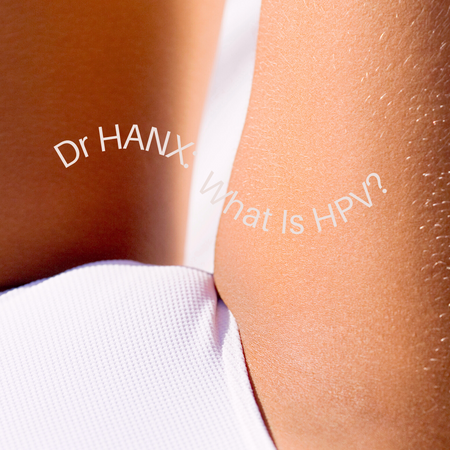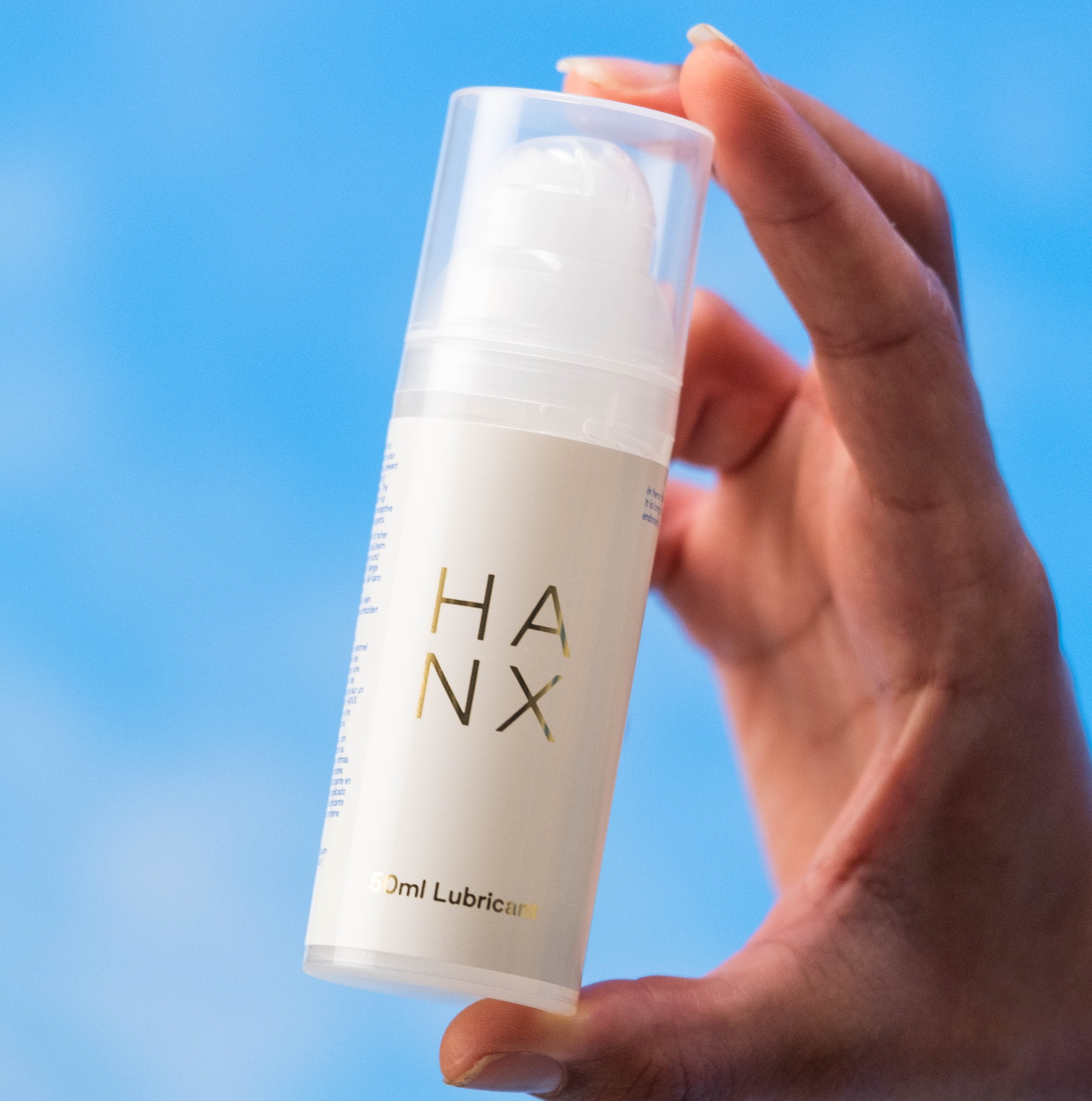What is HPV And Why Do We Vaccinate Against It?
There has been a lot of press surrounding HPV, or human papillomavirus, over the last few years. With the increase in cervical cancers, rise of HPV detection, and the new HPV vaccine offered to schoolgirls. So, do you actually know what it is? Our Co-Founder Dr Sarah Welsh explains...
What is HPV?
HPV is a virus that infects the skin and the cells lining body cavities, with the main places for the infection being on the hands, mouth and genital areas. It is spread from person to person through close skin-to-skin contact, which is often during sexual activity. HPV is very common infection and typically causes no symptoms at all, with around 80% of people will be infected with the virus at some point in their lives.
Most of the time, our body will clear the infection on its own and we will never know we had it. However, in some cases, the infection stays around for much longer, becoming persistent. There are hundreds of different types of HPV, of which most are harmless. However, there are roughly 12 types that can cause cancer, and these are called ‘high-risk’ types. Those who have persistent infections that are the ‘high-risk’ HPV types are the most likely to develop cancer in the future.
How does HPV cause cancer?
HPV infections start in the deep layers of the skin and the infection causes skin cells to divide more than normal, replicating the virus as it does. This fast growth normally does not cause any symptoms at all. Occasionally warts appear due to it, but this type of HPV is different to the type that causes cancer. In some people with persistent ‘high-risk’ HPV infections, the virus damages the cells causing them to divide and grow out of control, leading to cancer.
How is HPV spread and how do I reduce my risk?
HPV is typically spread via direct skin-to-skin contact, and this is usually during sexual activity including oral sex, and can be spread between opposite-sex or same-sex partners. Your risk of HPV infection is higher if you have had more sexual partners or started having sex at an earlier age. Using barrier protection with a condom is effective in reducing your risk of passing on genital HPV infections. For cervical cancer, attending screening is very effective in reducing your risk, as well as the HPV vaccination programme.
What about HPV and cervical cancer screening?
About 3,100 cases of cervical cancer are diagnosed in the UK each year, with practically all of them being due to HPV. From the age of 25-49 here in the UK, you will be invited for a cervical smear, or cervical screening test, every 3 years (as long as they remain normal), and then 5 yearly thereafter until aged 65. Taking up these invitation are vital in reducing your risk of cervical cancer. The screening process aims to pick up early cell changes caused by HPV, known as the pre-cancerous stage, and to remove these cells before they become cancerous. Hence, screening can prevent cervical cancer from developing in the first place
Cervical smear tests prevent at least 2,000 cervical cancer deaths each year in the UK. HPV testing is used in the cervical screening programme in England, Wales and Northern Ireland for women who have borderline or mild changes in their first test. If you are found to have a high-risk HPV infection, you will be invited for more tests. If you don’t have an infection, you will continue to be screened every 3 years from 25-49 and every 5 years from 50-65. It is important, however, to remember that HPV is so common and most women with the virus do not go on to develop cervical cancer.
Are other cancers are linked to HPV?
HPV can cause cancers in the genital areas, including the vagina, vulva, penis, and anus, as well as some types of cancer of the mouth and throat. As with cervical HPV infections, using a condom can reduce the risk of spreading the virus. Other risk factors include having a high number of sexual partners and smoking.
HPV vaccination
In the UK, girls aged 11-13 are now offered a vaccination (Gardasil) against the two most common ‘high-risk’ types of HPV, HPV 16 and 18, as well as HPV 6 and 11, those that cause genital warts. What’s more, those girls up to age 18, who were not vaccinated, can request vaccination through the NHS. HPV 16 and 18 cause about 70% cervical cancers.
Gardasil has been rigorously tested and shown to be safe, with only minor side effects such as pain around injection site and headaches.The vaccination has great potential to reduce the number of women who develop cervical cancer, but screening is still very important even if you have been vaccinated, as the vaccine doesn’t protect against all types of HPV. As HPV is linked to cancers in men as well as women, offering HPV vaccination to men would help reduce the risk of disease. In particular, men who have sex with men have a higher risk of anal cancer than men who don’t.
Phew. Lot’s to take in, but all important stuff.
- For more information please visit Cancer Research UK, or speak to your doctor if you're worried about anything raised in this article.
- You don't need to worry about these 8 things at your cervical screening. Our gynae expert shares her tips for nervous types...






















